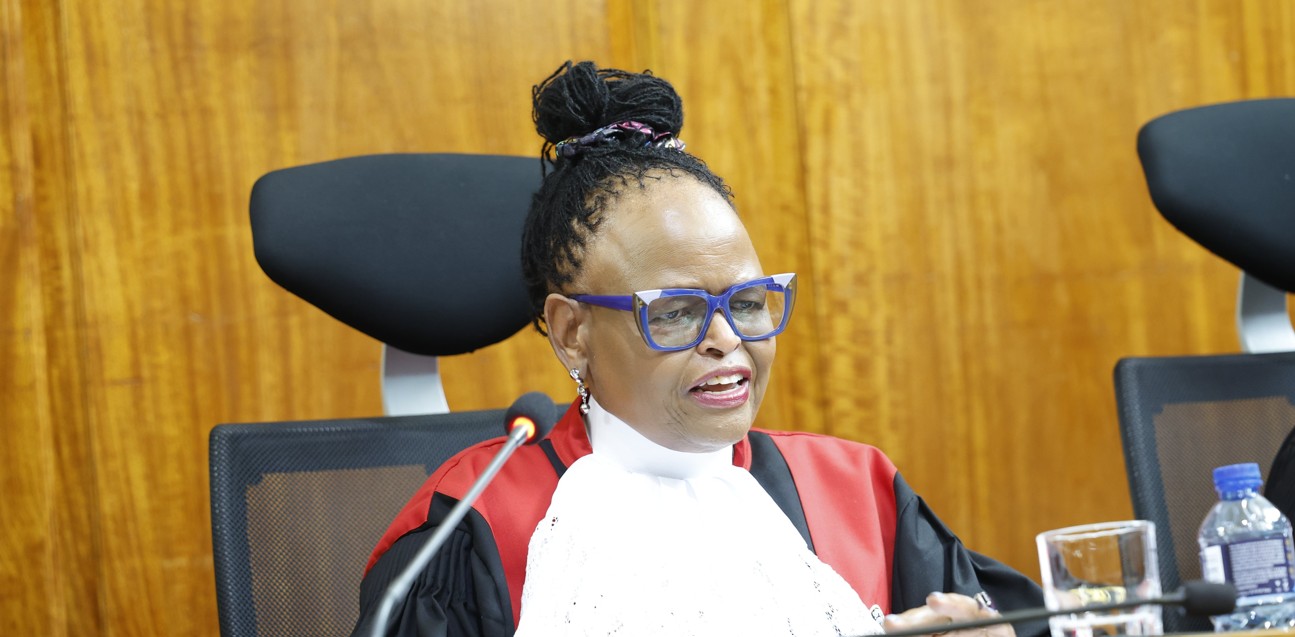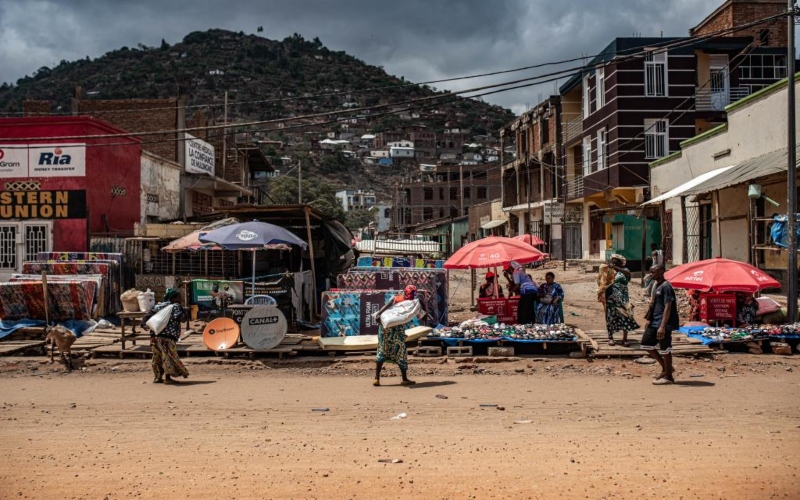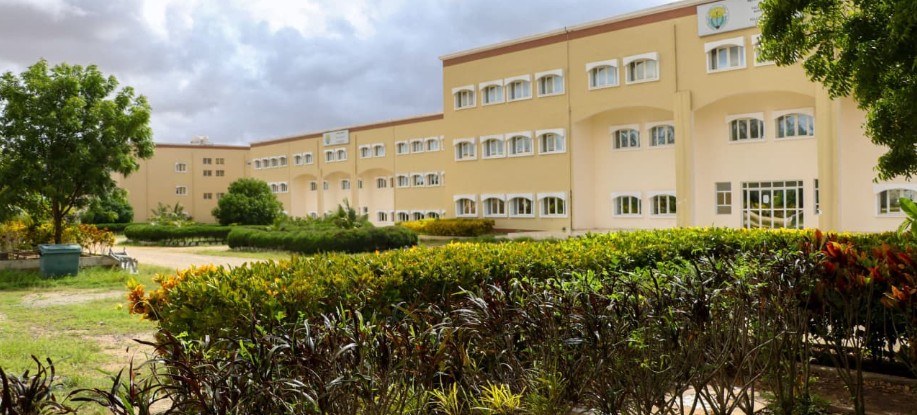Garissa High Court orders government to deregister Kenyans from refugee database

The court heard that the government had failed to meet its obligations to ensure that all Kenyans, especially those from marginalised host communities in Garissa and Wajir, had access to and could enjoy socio-economic rights.
The Garissa High Court on Tuesday directed the government to deregister Kenyans affected by double registration in the refugee database within 60 days.
The court declared that the government's delay in deregistering vetted individuals as Kenyan citizens was unconstitutional and infringed on their rights.
More To Read
- Kiunga celebrates 30 years of peaceful coexistence between locals and Somali refugees
- M23 rebels capture eastern DR Congo city of Uvira as thousands flee to Burundi
- Trump faces rising backlash over remarks targeting Somali immigrants
- Kenya’s refugee population hits 860,000 as State pushes integration plan
- African Commission hails Côte d’Ivoire’s move to protect displaced populations
- Uganda stops granting refugee status to nationals from Ethiopia, Somalia and Eritrea
In a case filed by Haki Na Sheria, a non-governmental organisation based in Garissa, Justice John Nyabuto Onyiego further ordered the government to constitute a vetting committee within 60 days or reactivate an existing one to undertake a fresh vetting and screening process.
The court also required the respondents to file a progress report on the process upon the expiry of the 60 days.
The case, filed in August 2021, was brought by Hamdi Mohamed Muhumed, Sahal Abdi Amin, and Deko Muktar Gure through the Haki Na Sheria initiative. The Attorney General, Cabinet Secretary for Interior and Coordination, the Director of the National Bureau of Registration of Persons, and the Commission for Refugee Affairs were listed as the 1st to 4th respondents, with the UNHCR listed as the 5th respondent.
The court heard that the government had failed to meet its obligations to ensure that all Kenyans, especially those from marginalised host communities in Garissa and Wajir, had access to and could enjoy socio-economic rights. Instead, it erroneously registered parents of their children as refugees.
The petitioners argued that the state erred by registering children in the refugee database without taking all necessary steps to verify whether they were genuine refugees.
In a press release, Haki Na Sheria described the ruling as a transformative moment for communities in Northern Kenya, saying it addressed years of systematic discrimination against over 40,000 people affected by double registration.
"Double registration refers to the process where genuine Kenyans, particularly those living near refugee camps such as Dadaab, were incorrectly registered as refugees. This rendered them ineligible for national identity cards. Without these vital documents, they have been unable to access basic services such as opening bank accounts, securing business premises, receiving healthcare, education, or formal employment," the statement read.
The organisation added, "As a human rights group, we interpret this judgment as an acknowledgement of the immense suffering that double-registered people have endured over the years — their own country effectively serving as an 'open prison'."
Haki Na Sheria expressed optimism that the government would work diligently to implement the court's judgment and ensure that every Kenyan affected by double registration is fully removed from the refugee database and issued with a Kenyan identity card within the specified timeline.
Top Stories Today











































